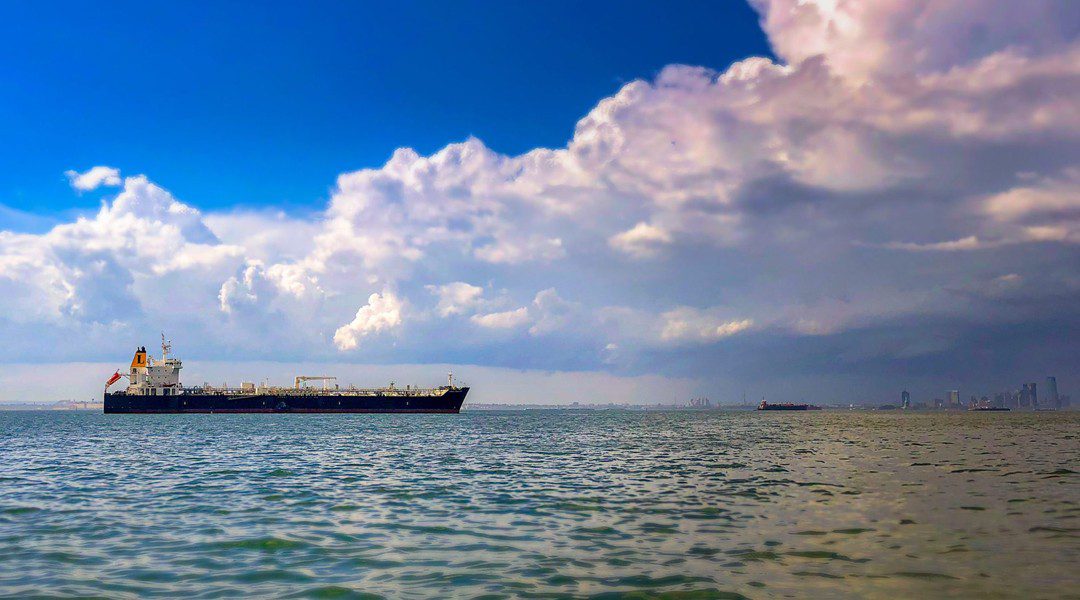Container shipping and global value chains have been disrupted and many countries have had to look further afield for suppliers of oil, gas and grain, according to a new report from the UN Conference on Trade and Development (UNCTAD), entitled “Maritime trade disrupted: The war in Ukraine and its effects on maritime trade logistics”.
It said that the war in Ukraine had suffocated trade and logistics of Ukraine and the Black Sea region. This had increased global vessel demand and the cost of shipping around the world.
UNCTAD said that Ukraine’s usual trading partners were having to turn to other countries for the commodities they import. The report attributed the shipping and transport hurdles in the Black Sea region to disruptions in regional logistics, the halting of port operations in Ukraine, the destruction of important infrastructure, trade restrictions, increased
insurance costs and higher fuel prices.
All of this meant that average shipping distances had increased, along with transit times and costs. “Grains are of particular concern given the leading role of the Russian Federation and Ukraine in agrifood markets, and its nexus to food security and poverty reduction,” the report said, noting that fewer grain shipments over longer distances were leading to
higher food prices.
UNCTAD noted that grain prices and shipping costs had been increasing since 2020, but the war in Ukraine had exacerbated this trend and had reversed a temporary decline in shipping prices. Between February and May 2022, the price paid for the transport of dry bulk goods such as grains increased by nearly 60%.
UNCTAD said that the concomitant increase of grain prices and freight rates would lead to a 3.7% increase in consumer food prices
globally.
Meanwhile, disruptions in supply from the region could lead to lower grain yields and higher prices, with serious consequences for global food security, particularly in vulnerable and food-import-dependent economies.
The Russian Federation is a leading oil and gas exporter. The report said that “confronted with trade restrictions and logistical challenges, the cost of oil and gas has increased as alternative sources of supply, often at more distant locations, are called upon”.
Daily rates for smaller-size tankers had increased dramatically. The higher energy costs have also led to higher marine bunker prices, raising shipping costs for all maritime transport sectors. By the end of May 2022 the global average price for very low sulphur fuel oil had increased by 64% since the start of the year.
These increased costs when accumulated implied higher prices for consumers and threatened to widen the poverty gap, UNCTAD said.
UNCTAD has called for “urgent action” to open Ukraine’s ports to international shipping so the country’s grain can reach overseas markets, at lower shipping costs. Without quite specifying how its aims should or could be achieved, UNCTAD said that collaboration was needed among vessel flag states, port states and other actors in the shipping industry
to maintain all necessary services, including bunkering supplies, health services for sailors and certification of regulatory compliance.
“This will help to keep to a minimum the negative impacts on costs, insurance premiums and operations”, it said.
UNCTAD also proposed that alternative means of transport be pursued. It noted that easing transit and the movement of transport workers – even temporarily – could reduce the pressure on cross-border trade and transit.
Finally UNCTAD called for more investment in transport services and trade and transit facilitation, plus more international support for developing countries, especially the most vulnerable economies.






